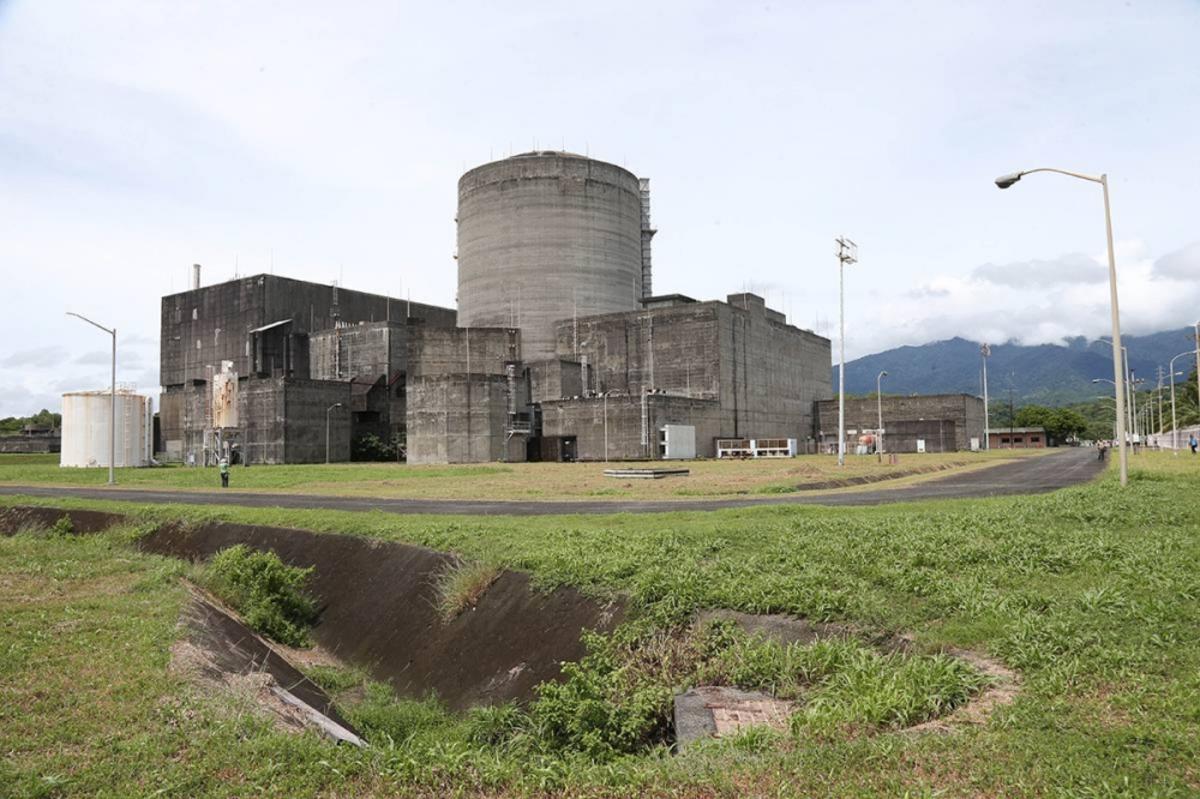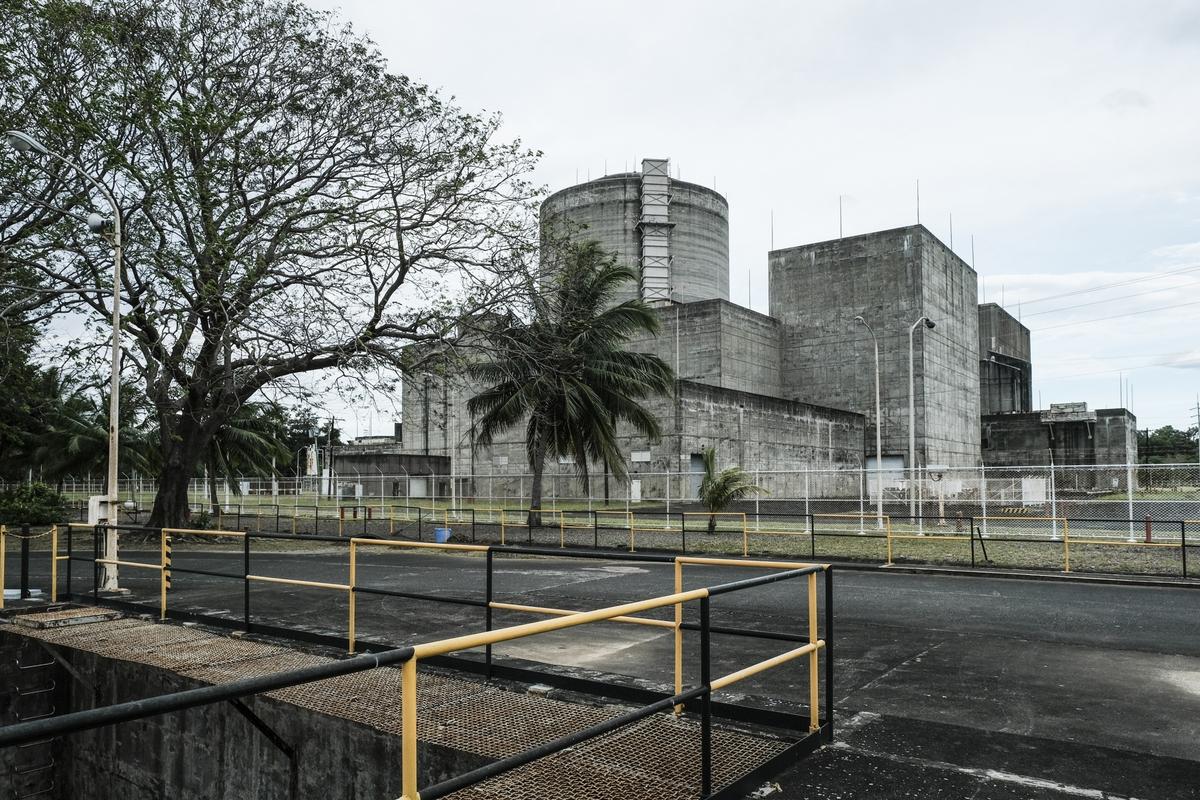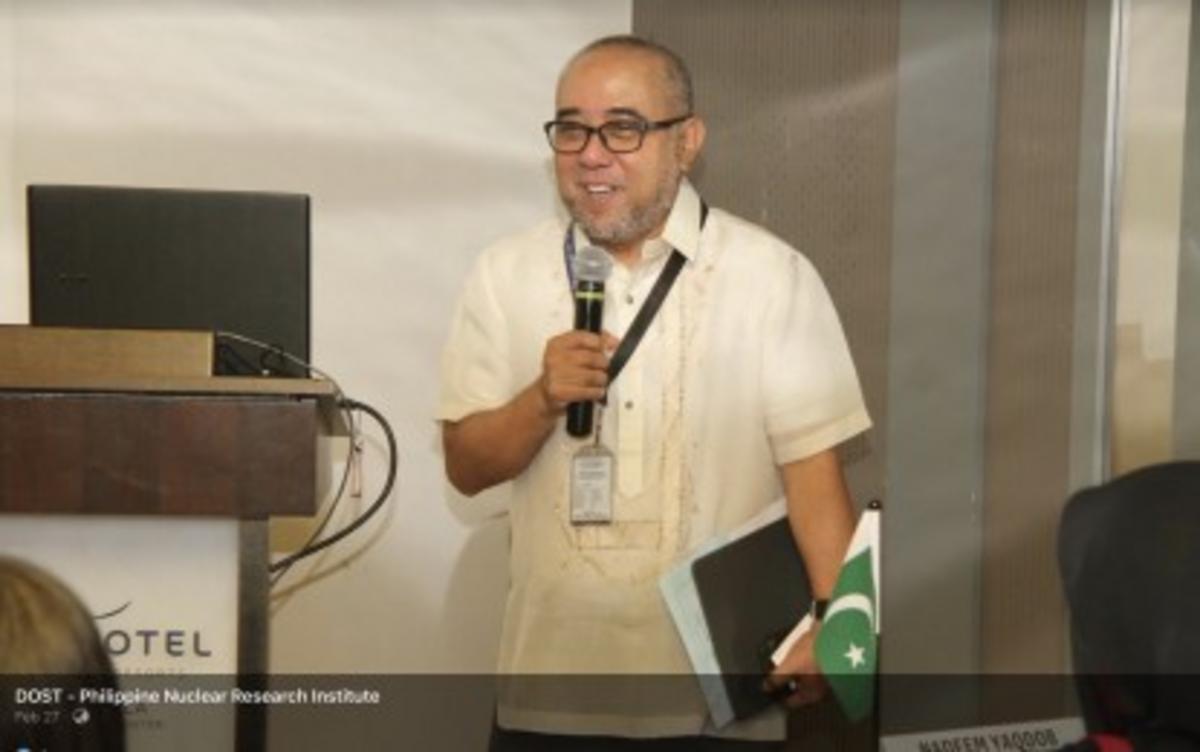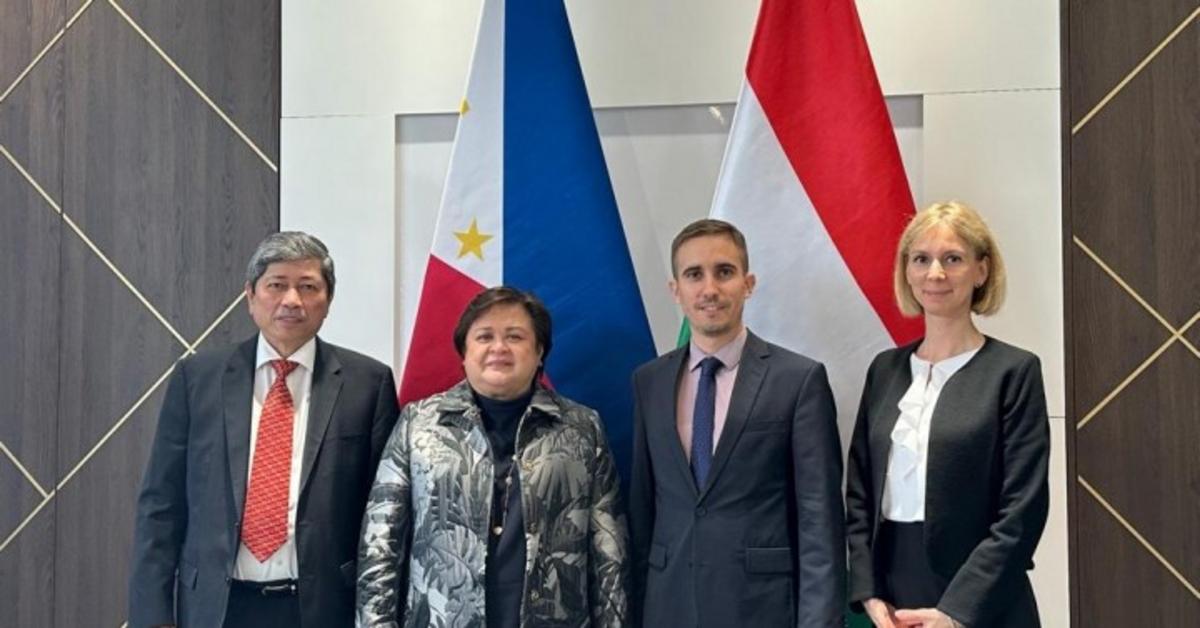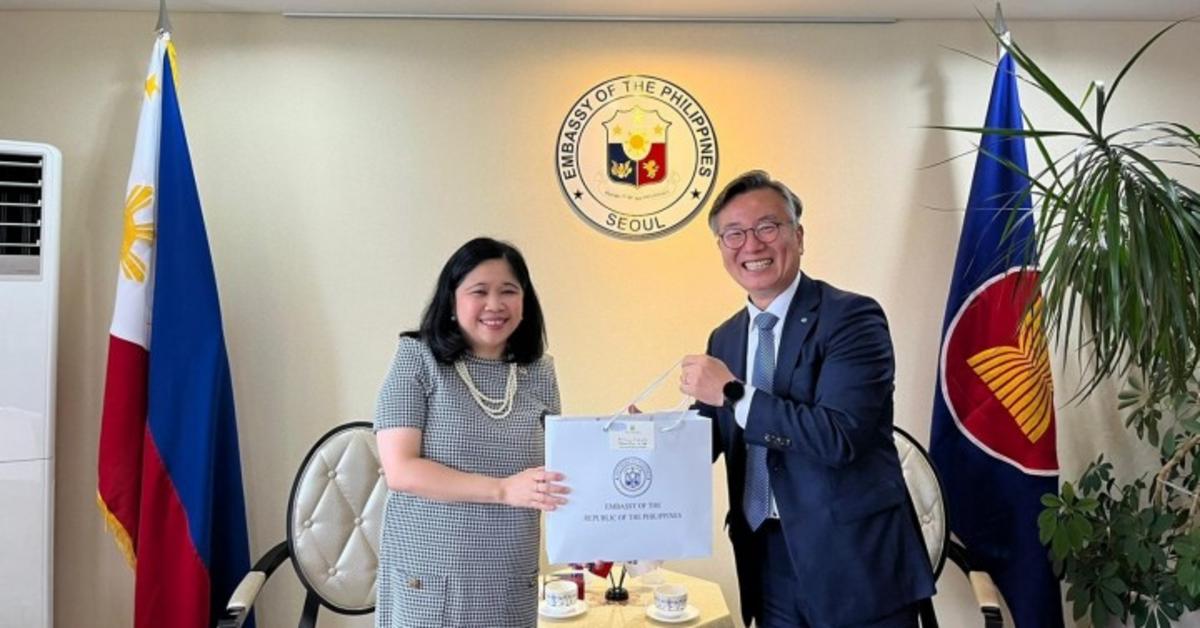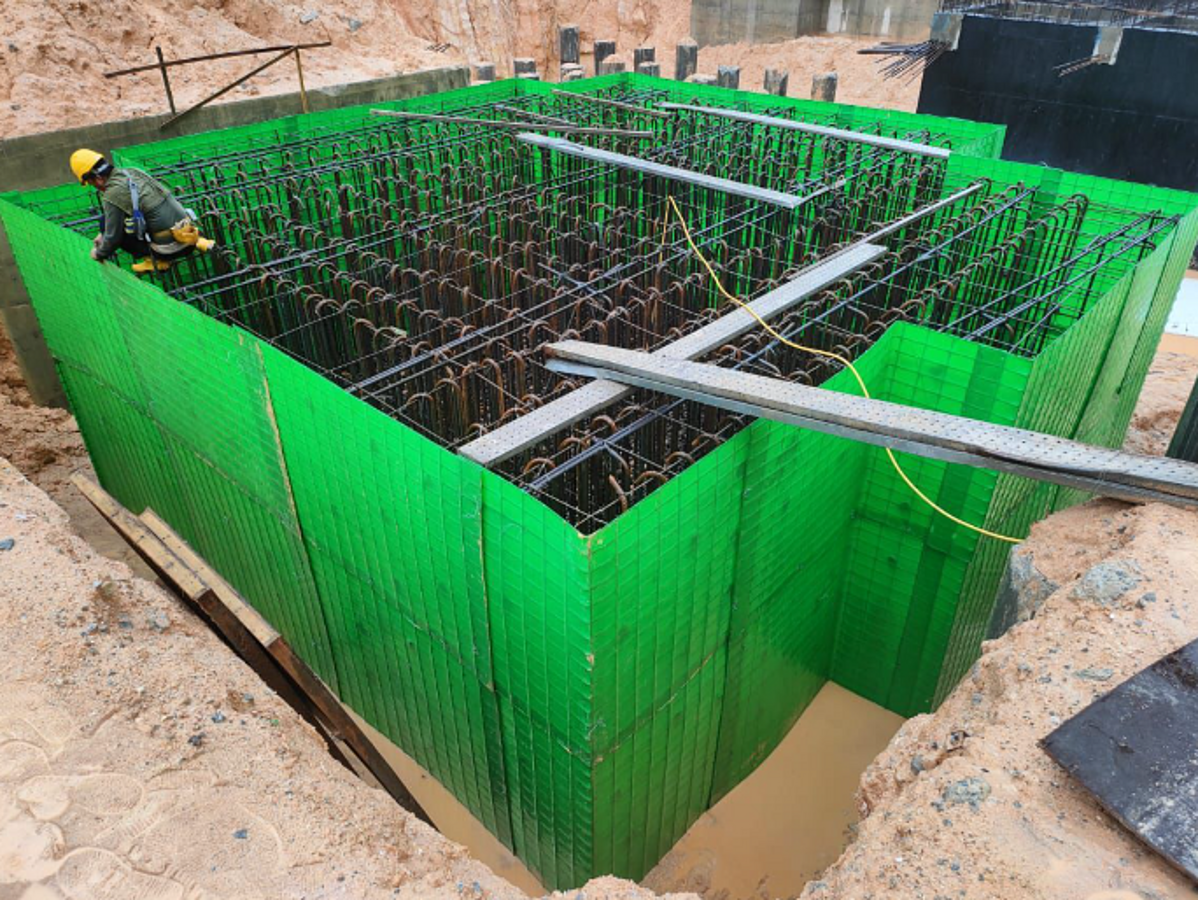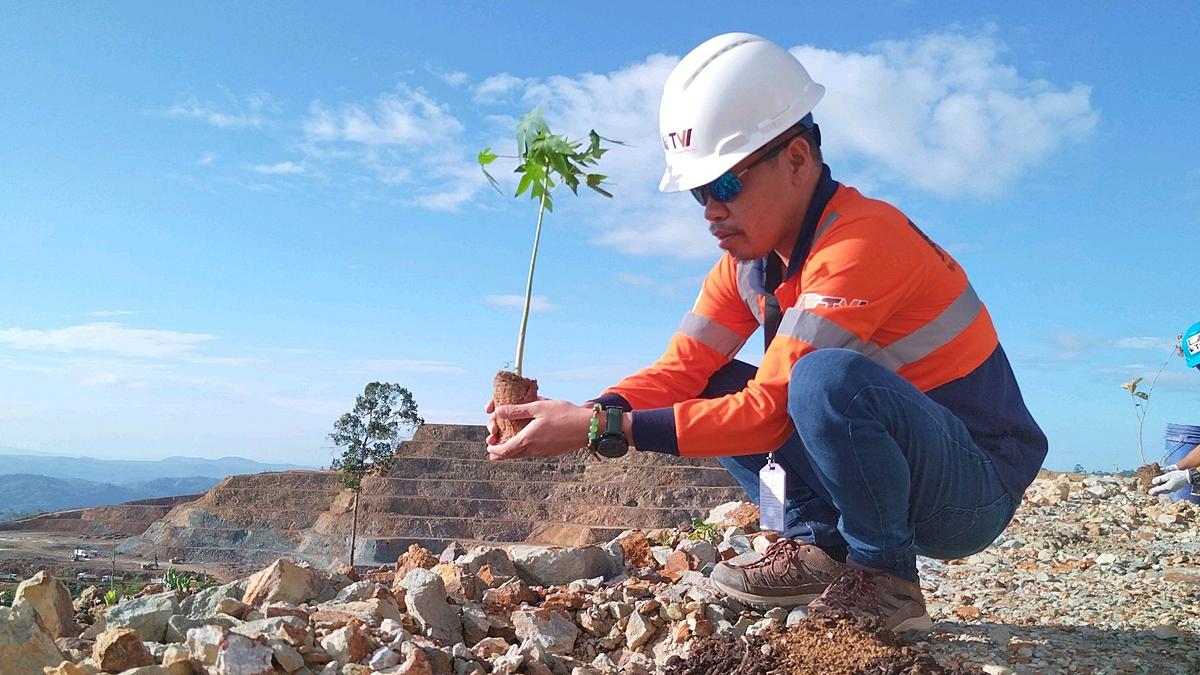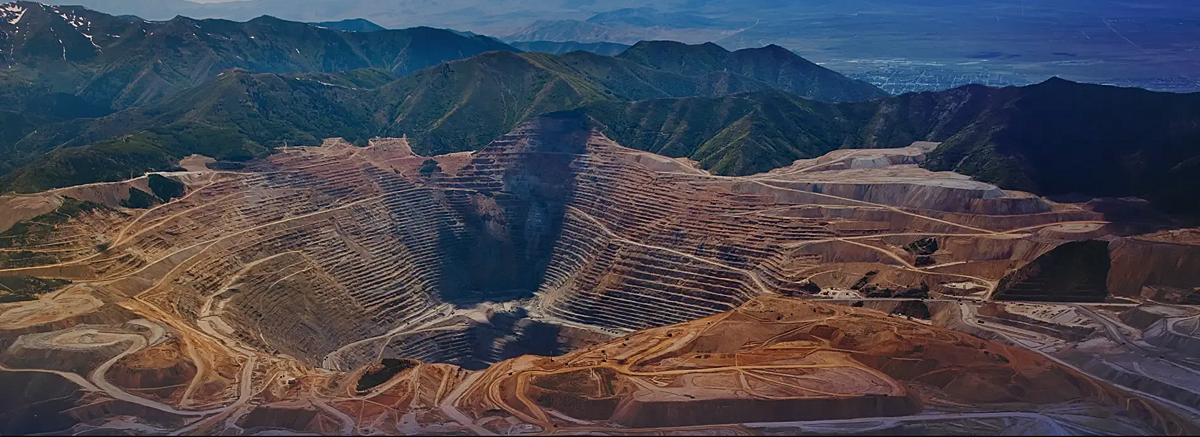Photo credit: Manila Times - Bataan Nuclear Power Plant
The chair of the House Ways and Means Committee on Saturday stressed the need for the country to move towards nuclear energy generation amid "thinning power reserves" as baseload coal power plants continue to experience shutdowns.
Albay Rep. Joey Salceda said there is no fuel cleaner than nuclear, which is also a more stable energy source run by a predictable fuel supply.
Salceda said President Rodrigo Duterte is on the right path with the issuance of Executive Order 164, which aims to introduce nuclear energy into the country's energy mix, as this will address the high electricity rate and secure energy for the future.
"And I can think of the ways we can complement that with good policy,” Salceda told reporters in a Viber message, as he proposed the franchise approach to nuclear energy.
"I don’t want government spending money on it, given our fiscal issues. But we can collate a fiscal incentive package under the CREATE (Corporate Recovery and Tax Incentives for Enterprises) Law for a nuclear power investor. That will probably exceed the USD 1 billion threshold under that law, anyway,” he added.
He described coal as the "dinosaur" of energy generation, given that it is cheap, simple, easy, but also outdated.
Salceda added that coal power plants are "not exactly in top shape", adding that they are not following the Grid Operating and Maintenance Program (GOMP) procedures of the Department of Energy.
"Over the past 30 days, half of our baseload plants have experienced shutdowns. When demand peaks, you’re going to get more of that. So, I’m definitely seeing a real possibility of rotating brownouts by May or June,” Salceda said.
Salceda presented a “five-point plan” to combat an energy crisis, which included routine maintenance checks of the country’s power plants.
He warned that “maintenance issues” could be a way for some generation firms to jack up prices.
“Honestly, it’s getting frustrating. Like speaking to a wall. We already anticipated that these things will happen. And now, I’m making a prediction again that will probably take place if we don’t take action. If DOE (Department of Energy) doesn’t take action. Rotating brownouts by summer if we neglect maintenance issues among our baseload plants,” Salceda said.
Through EO 164, the Chief Executive has recognized that nuclear power can be a reliable, cost-competitive, and environment-friendly source of energy based on the experience of highly developed countries.
“For the country to achieve its sustained growth targets, it must ensure that it has a reliable, secure, sustainable, quality and affordable electricity supply, including sufficient reserve to guarantee that there will be no disruptions in the power supply,” the policy read.
It added the use of nuclear energy will address the increasing demand for clean energy, rising by 4.4 percent annually, or an additional capacity of 68 gigawatts by 2040.
The EO still included the Bataan Nuclear Power Plant (BNPP) in the national nuclear program, but other nuclear power installations will be pursued.
House Committee on Energy chair Juan Miguel Arroyo, for his part, said the panel has identified eight priority legislative measures and nine laws to be subject to the legislative oversight function of the committee to ensure adequate and affordable power and fuel in the country while continuing to find ways to further improve the local industry and economy.
The priority legislative measures include the creation of the Philippine Energy Research and Policy Institute; establishing the Regulatory Framework for the Liquefied Petroleum Gas Industry; Electric Vehicle Industry Development; Energy Advocacy Council Office; Use of Microgrid Systems; Waste-to-Energy Technology; Downstream Natural Gas Industry Development; and Strengthening the Energy Regulatory Commission. By Filane Mikee Cervantes
Article courtesy of the Philippine News Agency

